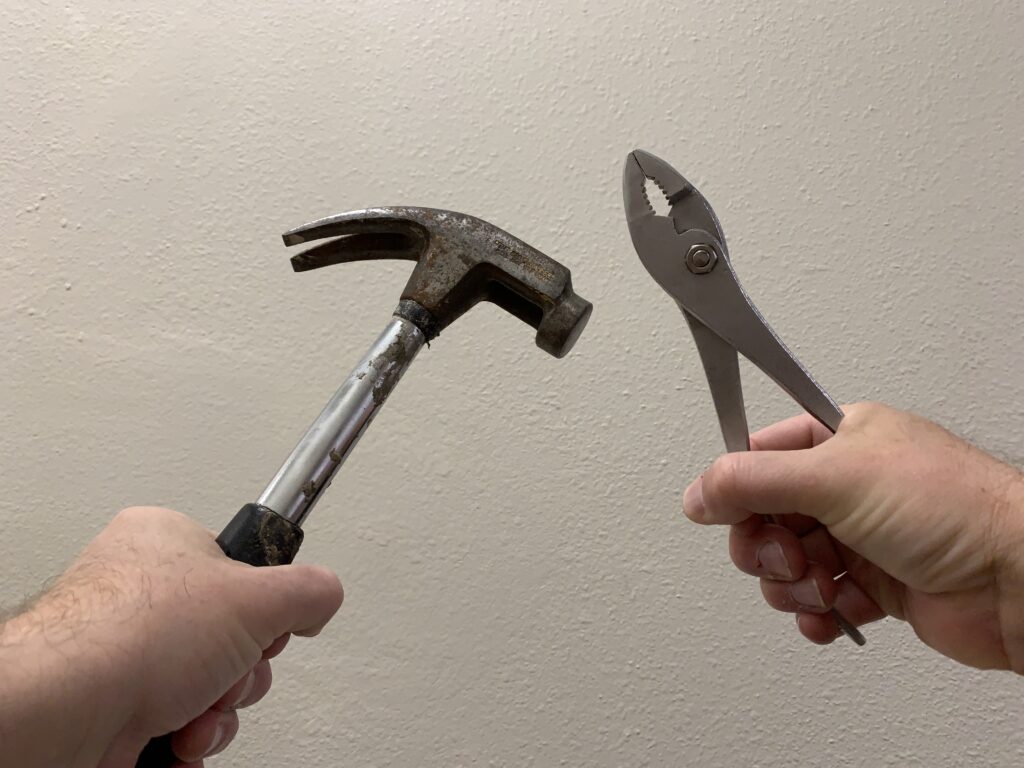
What is it about us humans? Can we convince ourselves of just about anything? Let’s look into one of the biggest lies we tell ourselves: “we are great multitaskers!” Before we get going here, let’s define multitasking as more than just walking and chewing gum, or listening to the radio while driving. What I’m talking about here is the attempt at juggling important tasks – each deserving our full attention – and maintaining the fiction that we can do them efficiently and effectively. We can’t. And as a result, all of the tasks in question suffer.
In my opinion, multitasking is born of a lack of time management. When we manager our time effectively, we allocate the proper time resources to get the job done. The truth is, we would likely not choose to divide our attention and cognitive skillset if we had the proper time allocated elsewhere. So, multitasking can be a function of running out of time – a “feel good” exercise that gives us a sense of accomplishment – sometimes a false sense of accomplishment. Another reason, somewhat connected to time management, is the implication that the tasks involved in multitasking are of lesser importance and deserve only the time shared with other tasks. This might be a subconscious determination, but nevertheless plays out when we choose what tasks we attempt to do simultaneously. When you add it all up, this inefficiency has a profound impact on your business.
The first thing we need to do is stop identifying multitasking as a super-power or some indispensable quality of good entrepreneurial practice. If we miss breakfast and lunch, do we marvel at our ability to eat three times as much for dinner? Ok, don’t answer that – but I think you get my point. The next step is to truly appreciate the concept of time management, even with what we consider to be small tasks. As part of that process, we start to weigh priorities and we also obtain a better handle on our ability to complete a particular task – useful if it’s a repeating task. We also need to be able to see a task through giving it our full attention – how much more successful was that process? One last thing; I’m convinced that multitasking does not save us time – probably the primary reason we engage in it. Trying to juggle multiple tasks slows us down. Additionally, mistakes are far more likely to be made, sometimes necessitating a “re-do.” How many times has that happened to you? I know it’s happened to me. And I would submit that executing single tasks can even save us time – since our focus is dedicated to them and our actions uninterrupted.
So, are we likely to eliminate multitasking? Not a chance. But before we engage in that juggling act, ask yourself if you’d benefit from better time management and a more focused approach. Let’s remember that it’s not always about how much you do, but how well you do it. Stay well and healthy.
MP
